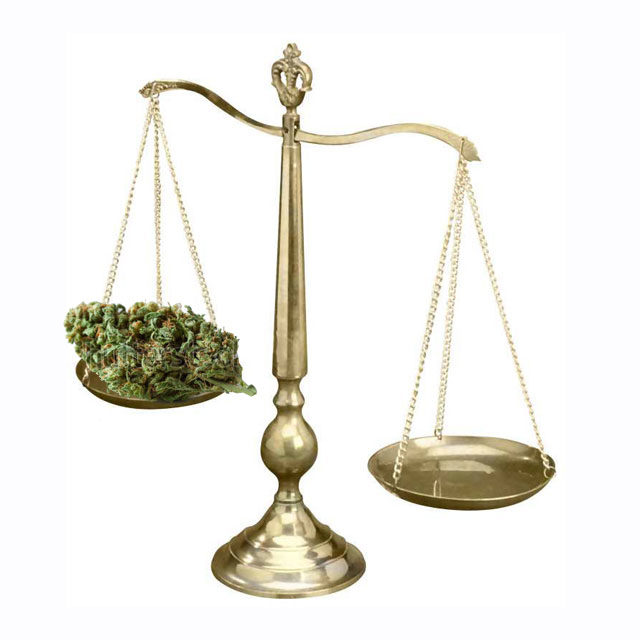
It’s been a good news, bad news week marijuana-wise.
Start with the bad news.
On Monday, a federal judge in New York tossed out a lawsuit that had challenged the Drug Enforcement Administration’s refusal to remove marijuana from its list of Schedule I Controlled Substances, a classification that is supposedly reserved for drugs that are both dangerous and have no recognized medical use.
Had the suit succeeded, marijuana would have been effectively legalized at the federal level.
The plaintiffs in the suit included a former NFL player and a 12-year-old girl who used pot to treat her chronic epilepsy. Their suit charges that marijuana’s Schedule I classification was unconstitutional on several grounds, including that marijuana has been used medicinally for centuries, that voters or lawmakers in 29 states have legalized marijuana in some form for medical or recreational purposes and that laws against marijuana use have been enforced in ways that unconstitutionally discriminate against blacks and Hispanics.
Their complaint also pointed to historical reports that Thomas Jefferson smoked marijuana to control his migraines and that James Madison credited “sweet hemp” for giving him “insight to create a new and democratic nation.”
Federal District Judge Alvin K. Hellerstein dismissed the lawsuit on grounds that the plaintiffs had not first petitioned the DEA to change marijuana’s classification. It’s a long-established principle of federal law that when plaintiffs in a suit are challenging the actions of a federal agency, they have to exhaust the administrative remedies within the agency before they can sue in federal court.
In his ruling, Judge Hellerstein did say that his decision was “not based on the merits of the plaintiffs claims,” but on grounds that the plaintiffs should have first petitioned the DEA.
The ruling conveniently ignores the fact that in rejecting previous challenges to marijuana’s Schedule I status, the DEA has cavalierly ignored evidence of marijuana’s medical uses and the relative safety of marijuana compared to other Schedule I drugs. It also ignored the fact that in at least one case the DEA deliberately refused to rule for several years in an obvious abuse of process, which is one of the reasons why plaintiffs sued in federal court in the first place.
For 80 years the federal judiciary has been nothing if not consistent in how it’s treated suits challenging the constitutionality of the war on drugs generally and the war on marijuana in particular — it regularly blows them off on grounds that it’s up to Congress and the federal bureaucracy to make drug policy, no matter how unjust, viciously oppressive, discriminatory and intellectually corrupt their work product has been.
Hellerstein’s decision is in keeping with that grand tradition.
• • • •
Now for the good news.
Also on Monday, a Denver coffee shop received a permit to allow marijuana use by its patrons.
According to the Denver Post, the permit is the nation’s first license to a business to allow marijuana use on its premises. (Well, the first in the lower 48 anyway. In Anchorage, Alaska, the Alaska Cannabis Club operates places where stoners can come and smoke.)
Under the permit, the coffee shop, named The Coffee Joint, which is already open at 1130 Yuma Court in Denver just east of I-25, can allow customers aged 21 or older to vape or consume edibles they bring to the shop.
The Coffee Joint patrons won’t be allowed to smoke pot or anything else in the shop despite its name, because of Denver’s anti-smoking ordinance. Nor will they be able to buy marijuana products in the shop; they have to bring their own — which they can buy at a dispensary next door that’s partially owned by The Coffee Joint’s owners. Inhalations and ingestions are expected to begin within a couple of weeks.
The sort of convoluted rules The Coffee Joint will have to operate under are similar to some that were imposed on bars in some places after the end of alcohol prohibition in the 1930s. In Utah, for instance, you could only drink booze in a “club,” which you could join for a nominal fee when you walked in the door and you had to bring your own booze.
Still, despite the nuanced regs, the opening of the first marijuana coffee shop is an important step in the process of regulating marijuana like alcohol — and definitely good news.














